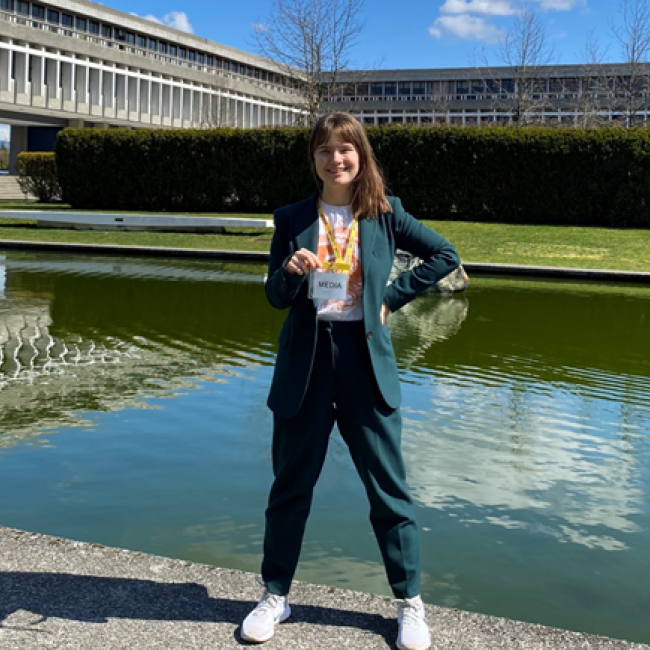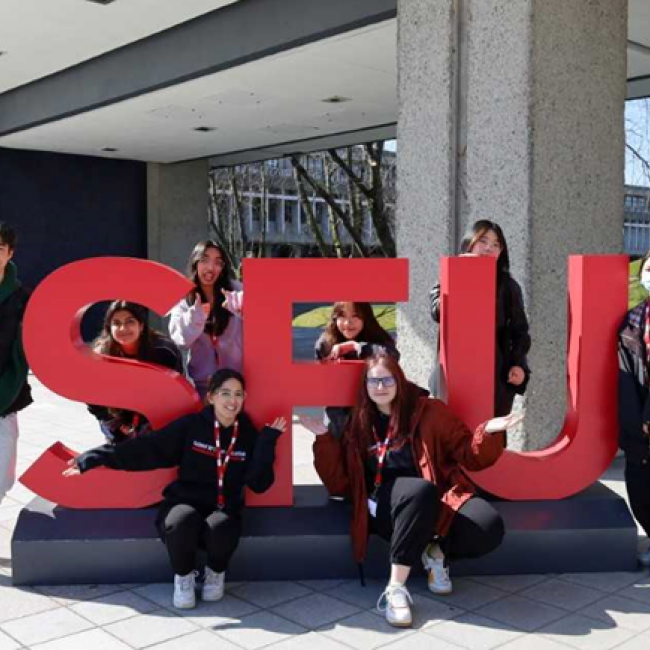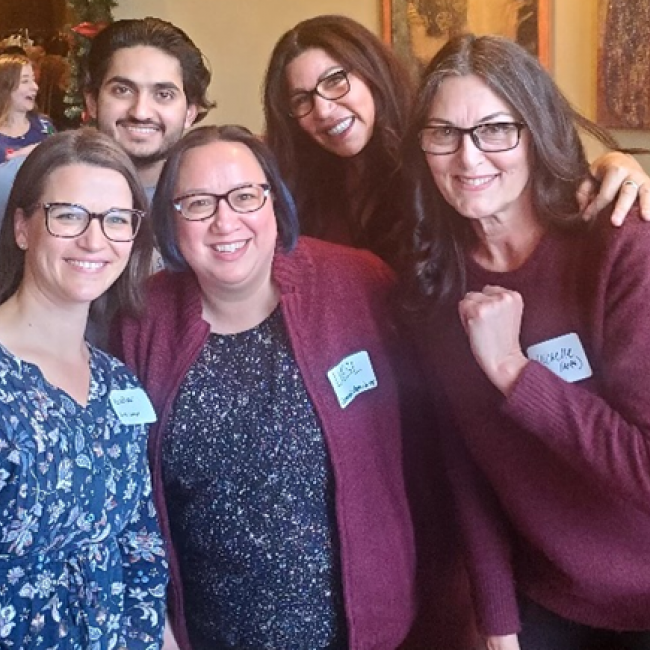There is a certain level of confidence you surround yourself with when going into your second work term. Suddenly, you’re not junior anymore and you have some legitimate experience on your belt. That experience can be used as almost a protective shield when going back into the workforce, especially when there’s a new element introduced. It’s no longer remote.
Now, although I was entering my second work term with fresh professional and educational experience, I was starting a corporate position with The Broadway Subway Project, and to make matters more intimidating, it was an on-site position. It’s fair to say that I chose to fixate on the latter issue rather than the former, but it turned out I had less to worry about in terms of integrating into the work force and more to worry around feeling like a fish out of water.
“Are you looking for someone?”
“Oh! Are you here for a school project?”
“So, what exactly do you DO here?”
My personal favourite… “Are you lost?”
Yes, the answer was yes. I WAS lost. These are a few of the questions I fielded as a Communication Co-op student who spent more time than I would have predicted, on a construction site. When you imagine working as an Engagement Coordinator at a corporate office, the first thing that comes to mind usually ISN’T a high vis vest, steel-toed boots and an incredibly flattering hard hat (see above). However, I learned quickly that the only reason I was feeling out of place, is because of my own preconceived notions on what a Communication Co-op term looks like.
Coming from a communications and publishing background, it’s safe to say that the idea of channeling all those creative elements into an industry that is not only male dominated but also much more technical in its foundation, was incredibly daunting. Part of me was waiting for someone to out me as the fraud I felt I was for trying to create content in an industry I was clearly not familiar with… any day now.
This was soon followed by the realization that communication field work, or leaving the office to coordinate with onsite workers, is an incredibly gratifying role to be in. Being able to see the progress of the work you have been contributing to behind the scenes was a refreshing change of perspective that, coming from remote working, was desperately overdue. Through my work onsite, I developed a comfortable familiarity with the project and the impact it has, not only on those involved, but to the bystanders patiently waiting for its completion. I also realized how important it is to build relationships with the construction workers I would be coordinating with onsite because once I did that, I was no longer a fish out of water. Slowly, the water came flooding back.
I was under the impression that being on a first name basis with a collection of crew members on site meant my opinion mattered and suddenly, I could delegate tasks with an unfaltering confidence I didn’t have before. What really happened was that, having coworkers that respected me and saw me as an equal, meant I could see myself in the same light. I could see myself as a professional just as they had. That isn’t to say that professional validation is all a self-conscious Co-op student needs for success, but there is a certain comfort in finding my place by finding my people.
I won’t be leaving this Co-op term with the ability to redirect four lanes of traffic across a busy intersection or to assemble the tunnel boring machine piece by piece. However, I can share an endless fountain of knowledge on business relations, stakeholder engagement and even some governmental campaign work from a team with some of the most diverse resumes I’ve ever worked with. I can also share a million and one construction terms I’ve learned over the past four months that I do hope I have been using correctly. For example, a tunnel boring machine is actually more interesting than it sounds and NOT an unfortunate name describing its lack of intrigue.

























